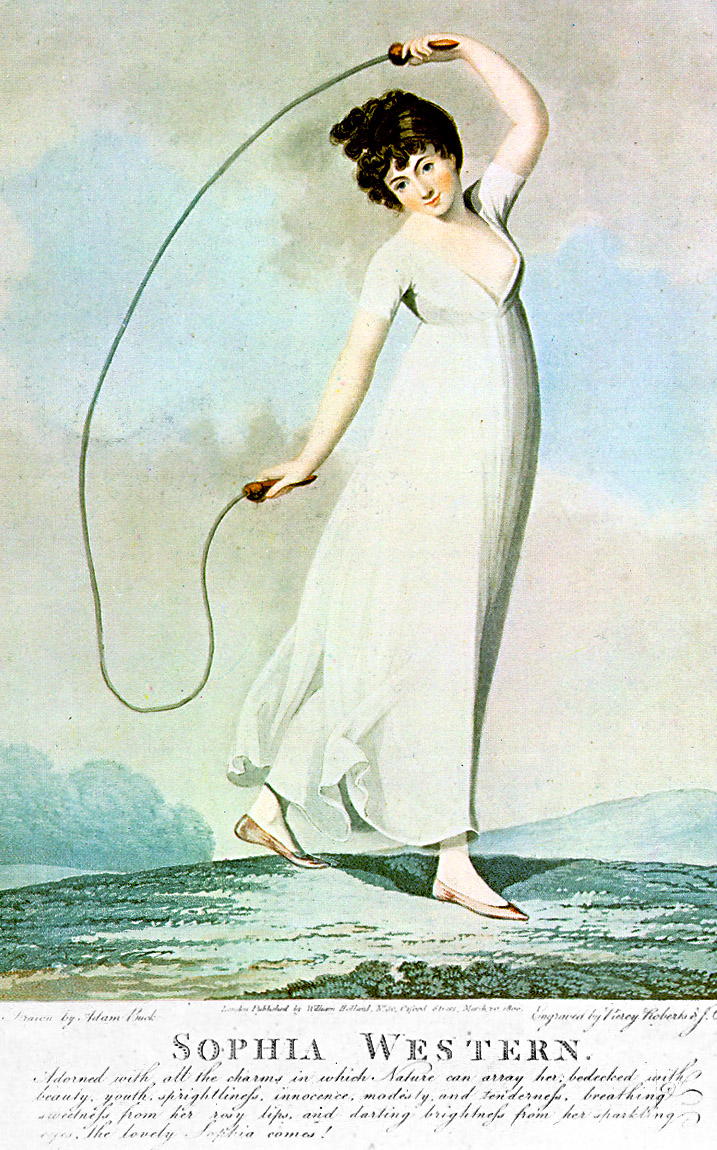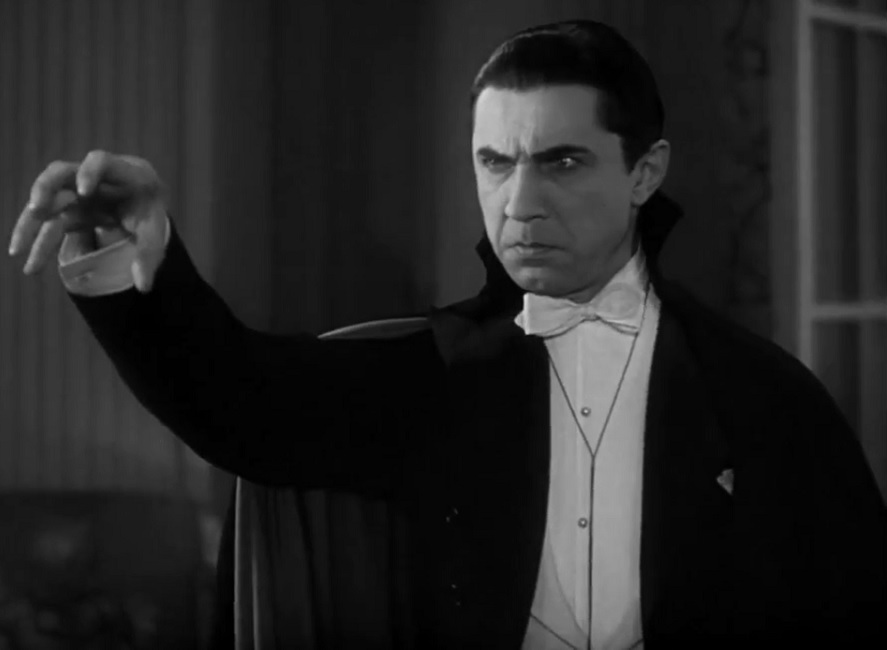|
Tom Jones (novel)
''The History of Tom Jones, a Foundling'', often known simply as ''Tom Jones'', is a comic novel by English playwright and novelist Henry Fielding. It is a ''Bildungsroman'' and a picaresque novel. It was first published on 28 February 1749 in London and is among the earliest English works to be classified as a novel. It is the earliest novel mentioned by W. Somerset Maugham in his 1948 book ''Ten Novels and Their Authors, Great Novelists and Their Novels,'' in which Maugham ranks the ten best novels of the world. The novel is highly organised despite its length. Samuel Taylor Coleridge argued that it has one of the "three most perfect plots ever planned", alongside ''Oedipus Rex, Oedipus Tyrannus'' by Sophocles and ''The Alchemist (play), The Alchemist'' by Ben Jonson. It became a best-seller, with four editions published in its first year alone. It is generally regarded as Fielding's greatest book and as an influential English novel. Plot The wealthy Squire Allworthy and his ... [...More Info...] [...Related Items...] OR: [Wikipedia] [Google] [Baidu] |
Henry Fielding
Henry Fielding (22 April 1707 – 8 October 1754) was an English writer and magistrate known for the use of humour and satire in his works. His 1749 comic novel ''The History of Tom Jones, a Foundling'' was a seminal work in the genre. Along with Samuel Richardson, Fielding is seen as the founder of the traditional English novel. He also played an important role in the history of law enforcement in the United Kingdom, using his authority as a magistrate to found the Bow Street Runners, London's first professional Police, police force. Early life Henry Fielding was born on 22 April 1707 at Sharpham Park, the seat of his mother's family in Sharpham, Somerset. He was the son of Lt.-Gen. Edmund Fielding and Sarah Gould, daughter of Sir Henry Gould. A scion of the Earl of Denbigh, his father was nephew of William Fielding, 3rd Earl of Denbigh. Educated at Eton College, Fielding began a lifelong friendship with William Pitt the Elder. His mother died when he was 11. A suit for custod ... [...More Info...] [...Related Items...] OR: [Wikipedia] [Google] [Baidu] |
Tom Jones & The Landlord, Partridge & Susan, Mrs Waters & The Landlady, From "The History Of Tom Jones, A Foundling" By Henry Fielding MET DP872043
Tom or TOM may refer to: * Tom (given name), including a list of people and fictional characters with the name. Arts and entertainment Film and television * ''Tom'' (1973 film), or ''The Bad Bunch'', a blaxploitation film * ''Tom'' (2002 film), a documentary film * ''Tom'' (American TV series), 1994 * ''Tom'' (Spanish TV series), 2003 Music * ''Tom'', a 1970 album by Tom Jones * Tom drum, a musical drum with no snares * Tom (Ethiopian instrument), a plucked lamellophone thumb piano * Tune-o-matic, a guitar bridge design Places * Tom, Oklahoma, US * Tom (Amur Oblast), a river in Russia * Tom (river), in Russia, a right tributary of the Ob Science and technology * A male cat * A male wild turkey * Tom (pattern matching language), a programming language * TOM (psychedelic), a hallucinogen * Text Object Model, a Microsoft Windows programming interface * Theory of mind (ToM), in psychology * Translocase of the outer membrane, a complex of proteins Transportation * ''Tom'' (sh ... [...More Info...] [...Related Items...] OR: [Wikipedia] [Google] [Baidu] |
Jean Cameron Of Glendessary
Jean Cameron of Glendessary ( – 1772)Ewan, Innes, Reynolds and Pipes (eds) (2007) ''Biographical Dictionary of Scottish Women'', University of Edinburgh Press, pp.59-60 was a member of the Scottish gentry and a Jacobite, said to have been involved in the Jacobite rising of 1745, during which Charles Edward Stuart attempted to reclaim the British throne for his father. Popularly known as Jenny Cameron, or Bonnie Jeanie Cameron, she became a Jacobite heroine after a number of sensationalised accounts of her life and deeds during the rising were published. Background Jean Cameron was the daughter of Allan Cameron (d. ) of Glendessary, who had previously been involved in the 1715 Jacobite rising. The Camerons of Glendessary, who held land in Morvern, were a cadet branch of the family of Cameron of Lochiel, hereditary Chiefs of Clan Cameron, descended from Allan Cameron of Lochiel, XVI Chief. Jean was further connected with the Camerons of Lochiel through her mother Christian Ca ... [...More Info...] [...Related Items...] OR: [Wikipedia] [Google] [Baidu] |
Glorious Revolution
The Glorious Revolution, also known as the Revolution of 1688, was the deposition of James II and VII, James II and VII in November 1688. He was replaced by his daughter Mary II, Mary II and her Dutch husband, William III of Orange (William III and II), a nephew of James who thereby had an interest to the throne irrespective of his marriage to his cousin Mary. The two ruled as joint monarchs of Kingdom of England, England, Kingdom of Scotland, Scotland, and Kingdom of Ireland, Ireland until Mary's death in 1694, when William became ruler in his own right. Jacobitism, the political movement that aimed to restore the exiled James or his descendants of the House of Stuart to the throne, persisted into the late 18th century. William's invasion was the last successful invasion of England. Despite his own Catholicism, usually an impediment to Protestant support, James became king in February 1685 with widespread backing from the Protestant majorities in England and Scotla ... [...More Info...] [...Related Items...] OR: [Wikipedia] [Google] [Baidu] |
Catholic Church
The Catholic Church (), also known as the Roman Catholic Church, is the List of Christian denominations by number of members, largest Christian church, with 1.27 to 1.41 billion baptized Catholics Catholic Church by country, worldwide as of 2025. It is among the world's oldest and largest international institutions and has played a prominent role in the history and development of Western civilization.Gerald O'Collins, O'Collins, p. v (preface). The church consists of 24 Catholic particular churches and liturgical rites#Churches, ''sui iuris'' (autonomous) churches, including the Latin Church and 23 Eastern Catholic Churches, which comprise almost 3,500 dioceses and Eparchy, eparchies List of Catholic dioceses (structured view), around the world, each overseen by one or more Bishops in the Catholic Church, bishops. The pope, who is the bishop of Rome, is the Papal supremacy, chief pastor of the church. The core beliefs of Catholicism are found in the Nicene Creed. The ... [...More Info...] [...Related Items...] OR: [Wikipedia] [Google] [Baidu] |
Jacobite Rising Of 1745
The Jacobite rising of 1745 was an attempt by Charles Edward Stuart to regain the Monarchy of Great Britain, British throne for his father, James Francis Edward Stuart. It took place during the War of the Austrian Succession, when the bulk of the British Army was fighting in mainland Europe, and proved to be the last in Jacobite risings, a series of revolts that began in Jacobite rising of 1689, March 1689, with major outbreaks in Jacobite rising of 1715, 1715 and Jacobite rising of 1719, 1719. Charles launched the rebellion on 19 August 1745 at Glenfinnan in the Scottish Highlands, capturing Edinburgh and winning the Battle of Prestonpans in September. At a council in October, the Scots agreed to invade England after Charles assured them of substantial support from English Jacobitism, Jacobites and a simultaneous French landing in Southern England. On that basis, the Jacobite Army (1745), Jacobite army entered England in early November, but neither of these assurances proved ac ... [...More Info...] [...Related Items...] OR: [Wikipedia] [Google] [Baidu] |
Heresy
Heresy is any belief or theory that is strongly at variance with established beliefs or customs, particularly the accepted beliefs or religious law of a religious organization. A heretic is a proponent of heresy. Heresy in Heresy in Christianity, Christianity, Heresy in Judaism, Judaism, and Bid‘ah, Islam has at times been met with censure ranging from excommunication to the death penalty. Heresy is distinct from apostasy, which is the explicit renunciation of one's religion, principles or cause; and from blasphemy, which is an impious utterance or action concerning God or sacred things. Heresiology is the study of heresy. Etymology Derived from Ancient Greek ''haíresis'' (), the English ''heresy'' originally meant "choice" or "thing chosen". However, it came to mean the "party, or school, of a man's choice", and also referred to that process whereby a young person would examine various philosophies to determine how to live. The word ''heresy'' is usually used within a C ... [...More Info...] [...Related Items...] OR: [Wikipedia] [Google] [Baidu] |
Fanaticism
Fanaticism is a belief or behavior involving uncritical zeal or an obsessive enthusiasm. The political theorist Zachary R. Goldsmith provides a "cluster account" of the concept of fanaticism, identifying ten main attributes that, in various combinations, constitute it: messianism, inappropriate relationship to reason (irrationality), an embrace of abstraction, a desire for novelty, the pursuit of perfection, an opposition to limits, the embrace of violence, absolute certitude, excessive passion, and an attractiveness to intellectuals. Definitions Philosopher George Santayana defines ''fanaticism'' as "redoubling your effort when you have forgotten your aim". The fanatic displays very strict standards and little tolerance for contrary ideas or opinions. Tõnu Lehtsaar has defined the term ''fanaticism'' as the pursuit or defence of something in an extreme and passionate way that goes beyond normality. Religious fanaticism is defined by blind faith, the persecution of diss ... [...More Info...] [...Related Items...] OR: [Wikipedia] [Google] [Baidu] |
Methodism
Methodism, also called the Methodist movement, is a Protestant Christianity, Christian Christian tradition, tradition whose origins, doctrine and practice derive from the life and teachings of John Wesley. George Whitefield and John's brother Charles Wesley were also significant early leaders in the movement. They were named ''Methodists'' for "the methodical way in which they carried out their Christian faith". Methodism originated as a Christian revival, revival movement within Anglicanism with roots in the Church of England in the 18th century and became a separate denomination after Wesley's death. The movement spread throughout the British Empire, the United States and beyond because of vigorous Christian mission, missionary work, and today has about 80 million adherents worldwide. Most List of Methodist denominations, Methodist denominations are members of the World Methodist Council. Wesleyan theology, which is upheld by the Methodist denominations, focuses on Sanc ... [...More Info...] [...Related Items...] OR: [Wikipedia] [Google] [Baidu] |
Villain
A villain (also known as a " black hat", "bad guy" or "baddy"; The New Oxford Dictionary of English (1998) – p.126 "baddy (also baddie) noun (pl. -ies) ''informal'' a villain or criminal in a book, film, etc.". the feminine form is villainess) is a stock character, whether based on a historical narrative or one of literary fiction. '' Random House Unabridged Dictionary'' defines such a character as "a cruelly malicious person who is involved in or devoted to wickedness or crime; scoundrel; or a character in a play, novel, or the like, who constitutes an important evil agency in the plot". The antonym of a villain is a hero. The villain's structural purpose is to serve as the opposite to the hero character, and their motives or evil actions drive a plot along. In contrast to the hero, who is defined by feats of ingenuity and bravery and the pursuit of justice and the greater good, a villain is often defined by their acts of selfishness, evilness, arrogance, cruelty, ... [...More Info...] [...Related Items...] OR: [Wikipedia] [Google] [Baidu] |
Hypocrisy
Hypocrisy is the practice of feigning to be what one is not or to believe what one does not. The word "hypocrisy" entered the English language ''c.'' 1200 with the meaning "the sin of pretending to virtue or goodness". Today, "hypocrisy" often refers to advocating behaviors that one does not practice. However, the term can also refer to other forms of pretense, such as engaging in pious or moral behaviors out of a desire for praise rather than out of genuinely pious or moral motivations. Definitions of hypocrisy vary. In moral psychology, it is the failure to follow one's own expressed moral rules and principles. According to British political philosopher David Runciman, "other kinds of hypocritical deception include claims to knowledge that one lacks, claims to a consistency that one cannot sustain, claims to a loyalty that one does not possess, claims to an identity that one does not hold". American political journalist Michael Gerson says that political hypocrisy is "th ... [...More Info...] [...Related Items...] OR: [Wikipedia] [Google] [Baidu] |







